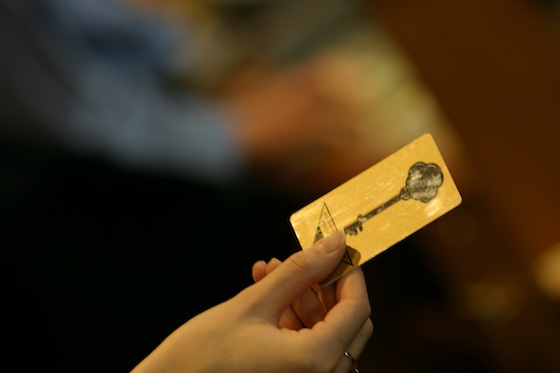More than 100 million travel and hospitality jobs will be lost in 2020 due to COVID-19. The devastating impact of that number can only be upstaged by the profound loss of life, globally.
Here in Phuket — where I moved in 1988 as the opening general manager for Amanpuri, Aman’s first resort — we have seen as many as 60,000 job losses in the hotel sector alone, and it’s a similar story on other island destinations around the world.
Anthony Lark is director of Montara Hospitality Group in Phuket, Thailand, and founder and president of the Phuket Hotels Association.
More than four months have passed with no local infections on Phuket. Yet passenger arrivals have plunged and there are no imminent signs of recovery, despite the country opening up to domestic air travel and guests from Bangkok becoming our “weekend warriors.”
Thailand, the first country to detect the coronavirus outside China, deserves high praise for its decisive actions in late March that successfully stopped the spread of COVID-19. But by closing the tourist-friendly kingdom to all nonresident foreigners, the country’s leading resort island now finds itself at an inflection point. Local demand cannot stem the dramatic losses on Phuket with its 86,000 registered hotel rooms, nor reverse the rapidly escalating financial and social crisis across Thailand, where the World Bank estimates tourism accounts for 15% of GDP.

What I know — from leading Amanpuri through the 1997 Asian financial crisis, then helping create and operate Trisara resort for 20 years through SARS and the 2004 Boxing Day tsunami — is that we cannot continue to stand still indefinitely and we need to get safely back to business.
From the very earliest days at Amanresorts, founder Adrian Zecha schooled his general managers to engage personally with every guest as though they were friends in our own homes. These informal conversations led guests to feel more relaxed and trust that the entire experience wasn’t purely transactional.
I learned that ours is a business built on meaningful human connections, and as we emerge from this, creating even more exceptional and surprising moments will be increasingly important as travelers start to move again in 2021.
Now as president of the Phuket Hotels Association, I work with our 78 members to prepare for the inevitable return of international arrivals. After several aborted plans, the Thai government is currently discussing “green bridges” that may allow entry to foreigners from countries or regions with little or no COVID-19 infections, hopefully from countries such as New Zealand, Singapore, Taiwan as well as parts of China and Australia.
As we face these hurdles in the race towards a new normal, I believe those of us in this incredibly complex business of making people happy should consider a more compassionate and thoughtful guest-centric approach to policies.
Whether or not the Thai government’s trial run to relaunch tourism works — and I hope it does — it’s going to be a buyer’s market for years as we already had an oversupply of hotel rooms in many areas.
With this in mind, I propose we offer a new Guest Bill of Rights:
Frontline staff needs to be more empowered to make decisions, such as giving guests reasonable refunds or credit when they complain about an actual mistake. We all know the feeling of irritation as the last impression at check-out, with your flight departure looming, as the reception staff disappears to ask an invisible manager about removing an erroneous charge for that Toblerone you didn’t eat.
Overcharging for cookie-cutter minibars is over. We can and should customize the minibar with healthy (and not so healthy, this is a holiday after all) options including authentic, hygienic and plastic-free packaged local treats. Guests would buy more too, as minibars are mostly poor investments. My favorite is the totally free local New York mini bar at The Greenwich, Robert De Niro’s hotel in New York.
No more nickel and diming on the hotel bill. We owe it to our guests to stop profiting off necessary conveniences like water with breakfast, faster Internet and hotel laundry.
Goodbye to 50% or even 100% room charges for late check-outs. Let’s be better at allocating rooms. There should always be a private space for guests who arrive before 2 p.m., and if hotels are not 100% full, guests should be able to leave after midday without being whacked with a half-day charge.
Breakfast should be included, full stop. And let breakfast finish late. Since there is nothing more luxurious than a long, relaxed breakfast on a holiday, guests should not have to rush down to their first meal of the day simply because the chef wants to start prepping for lunch at 10 a.m.
We can and must protect our guests and the planet at the same time. Drinking water should be in glass bottles, plentiful and complimentary. There must be a unilateral end to plastic shampoo bottles, and laundered garments shrouded in cling plastic have to go. In Phuket, we challenged our member hotels to remove plastic water bottles in 2018. It resulted in a reduction of 6 million plastic bottles from our landfills.
Our industry’s humble beginnings offer valuable lessons for any hotel’s future success. What was not optional for a medieval innkeeper should guide the 21st-century hotelier: buying local, supporting our local communities, engagement with and protection of the local environment.
Are you checking in?
